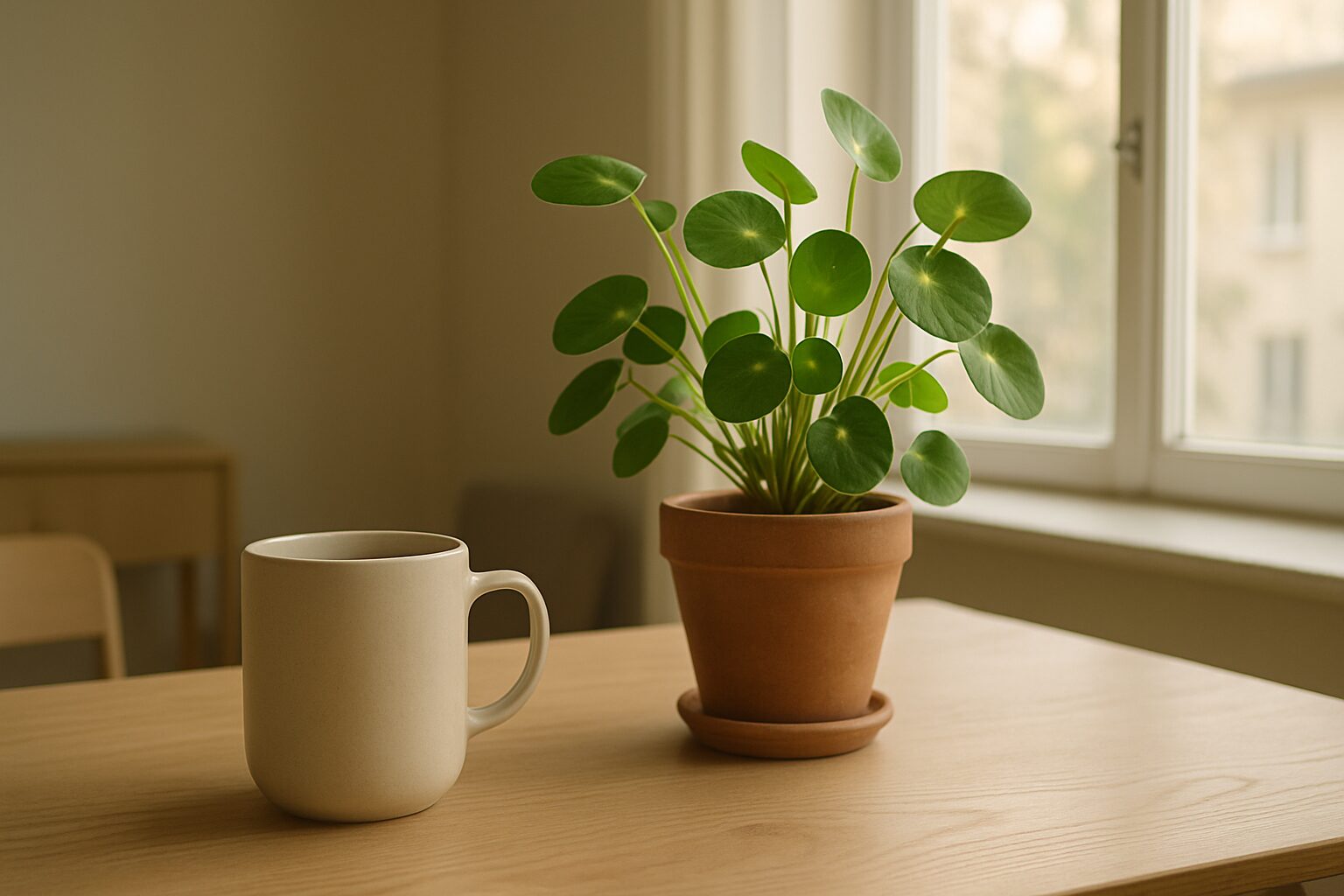Minimalist and sustainable living is no longer alternative culture. From zero-waste exchanges and capsule closets to energy-efficient smart homes, increasing numbers of consumers are making informed choices that are simplifying and making life more sustainable. The attraction is obvious: less trash, less clutter, more calm of mind, and a greener planet to boot.
In an era of excess, people are increasingly realizing that owning more does not necessarily mean living better. Minimal living serves to reduce what we have to what actually adds value. On the other hand, sustainable living is all about reducing our impact on the planet by embracing conscious tendencies and eco-friendly practices.
When they’re put together, the two ways of life perfectly complement each other. You spend less by consuming less, and you consume less by focusing on what is truly important. It’s a life of purpose and intention, not restriction.
Capsule Wardrobes: Less Clothing, More Style
One of the simplest means of beginning a minimalist existence is through the use of a capsule wardrobe. This involves possessing a set number of high-quality, diverse pieces of clothing that can be mixed and matched throughout the year. Instead of buying into fast fashion trends, those that adopt this practice enjoy more the ability to have an uncomplicated wardrobe that is easy to wear, easy to keep up, and always in accordance with personal taste.
By investing in timeless apparel and choosing sustainable materials, you’re also reducing demand for fast fashion, a major driver of global waste and greenhouse gas emissions. Fewer clothes, better quality, and less trash. All parties win here, including your closet and the planet.
Zero-Waste Swaps for Daily Life
Minimalism is not merely having a clutter-free surroundings. It’s more of a rethink of what we use every day. Enter zero-waste alternatives. Zero-waste alternations are where people replace one-use things with their reusable alternatives, like glass containers for plastic bags, bamboo toothbrushes for plastic ones, or metal straws instead of disposable ones.
These small things, when done every day, make a big impact. They reduce the waste sent to landfills, cut down on unnecessary use, and make us think differently about being disposable versus sustainable.
Starting with just one or two zero-waste swaps can make the journey feel less overwhelming. Try carrying a reusable water bottle or bringing your own tote bag to the grocery store. As the habits stick, you’ll naturally find yourself doing more without even thinking about it.
Energy-Efficient Smart Homes
Technology is also helping people live more eco-friendly. Smart home devices can track and reduce energy use, turning living areas green and more efficient. From smart thermostats that learn your schedule to LED bulbs using one quarter of the energy, technology is making green living easier without sacrificing comfort.
Smart plugs, for example, will turn off appliances when they are idle. Solar chargers reduce the demand for traditional electricity. And motion-sensitive lights conserve energy in areas like hallways or bathrooms. These products aren’t just convenient, they’re budget-friendly and more environmentally friendly.
It’s not about filling your house with gadgetry, but choosing tools that are energy-saving and streamlining your life in the process.
The Mindful Living Connection
Sustainable and minimalist living naturally leads to more mindful living. You start asking better questions. Do I need this? Will this item be of value to me in the long run? How was it made, and what will become of it when I’m done with it?
Intentional living is about moving away from the consumption of more towards the enjoyment of what you already have. It invites slowness, living more slowly while being present in your everyday life, as opposed to being constantly propelled by consumption and activity.
Mindfulness is also applied to how we move, eat, and engage with others. Shopping for food locally and seasonally, not wasting food, cycling or walking when possible, all these are conscious small actions to support a sustainable living.
Mental and Emotional Benefits
Aside from the ecological benefits, minimalist and sustainable living can have significant impacts on your emotional and mental health. Physical and virtual clutter causes stress. Cleaning up your environment usually results in clearer minds, less anxiety, and sharper concentration.
There’s a calm that comes with knowing everything in your home has a purpose. You’re not overwhelmed by choices, and you’re no longer constantly managing excess. This creates space for what truly matters: relationships, creativity, rest, and personal growth.
Minimalist living also encourages thankfulness. When you own less, you value what you have more. You’re more cautious about what comes into your life, which means more thoughtful spending and greater satisfaction.
Sustainable Decisions That Count
Sustainable living is not about sacrificing it all. It’s about making smart, sensible choices that benefit you in the long term. Here are some steps you can take to start:
- Buy less, choose well. Quality, not quantity.
- Shop at local businesses and fair trade brands.
- Use reusable over disposable.
- Clog the internet less by unsubscribing from unread e-mails.
- Prepare meals at home more often to reduce packaging waste and have control over ingredients.
- Compost food scraps wherever possible.
- Use public transport, bike, or walk whenever you can.
None of these actions involve a drastic overhaul of your lifestyle. But combined, they create a ripple effect that can diminish your footprint and streamline your life.



